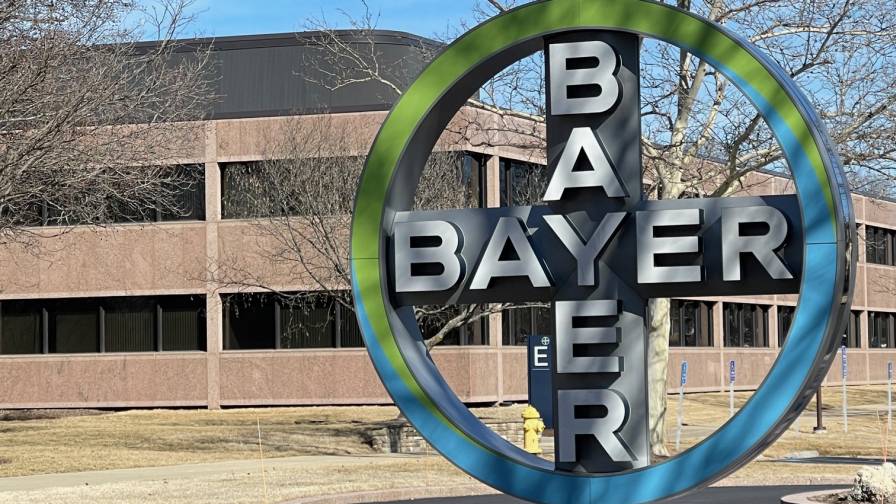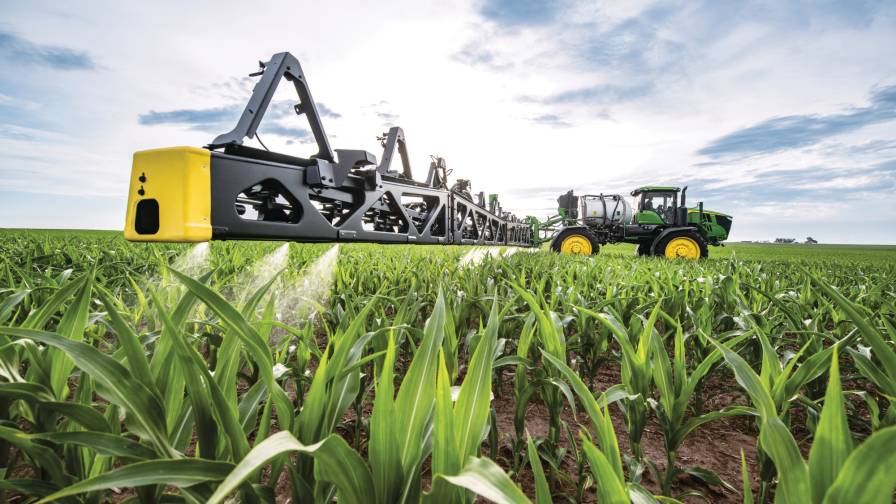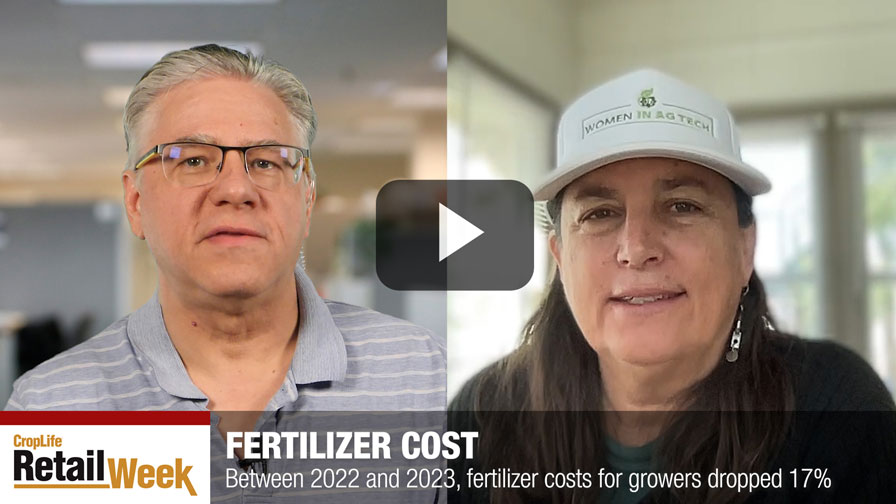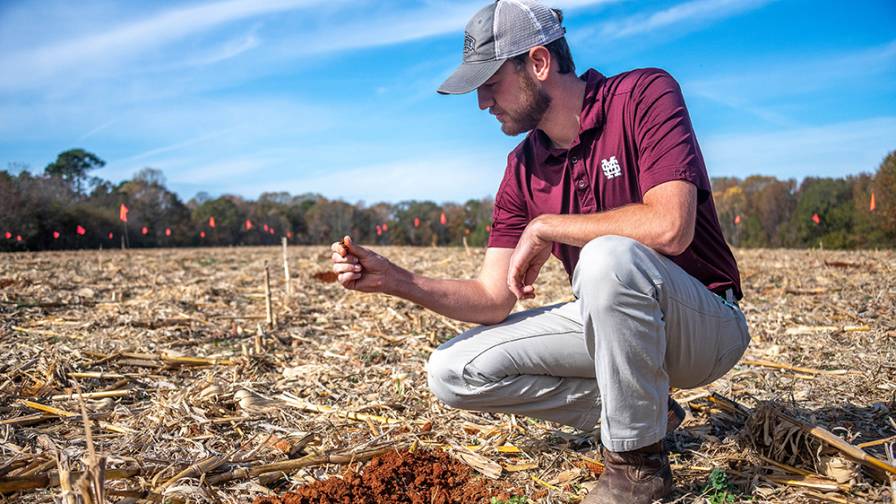DuPont, BP Reach Sweet 16
The pair have been able to create a fuel blend at 16 percent instead of the usual 10 percent — using biobutanol instead of ethanol.
DuPont and BP PLC say that their testing of renewable fuel component biobutanol has shown that it can be blended with gasoline at a higher proportion than ethanol without hurting fuel performance, according to Forbes. They were able to create a fuel blend with a 16 percent concentration of biobutanol. Ethanol is generally blended at 10 percent.
BP tested the fuel’s formulation, short-term engine performance, and other key concerns for the past year. The biobutanol mix showed "comparable" results to regular gasoline, and the biobutanol did not "phase separate," or form two solutions, in the presence of water, according to a Forbes report. Ethanol has a tendency to phase separate, which can cause engine damage over long periods of time.
"If butanol can be blended at 16 percent as BP claims and has no affect on gas mileage, then it is an important step toward bringing the alternative fuel to market," says Todd Neeley, DTN ethanol reporter. "One of the current sticking points for consumers in being able to use ethanol blends higher than E10 in regular vehicles, is that the fuel is less efficient than gasoline. Tests have shown that ethanol contains just 67 percent of the energy in a gallon of gasoline. In addition, many consumers hesitate to use ethanol for fear that it will harm their vehicle engines."
Forbes reports that BP and DuPont are each contributing $18 million toward a biobutanol research facility in Hull, located in northern England. The facility will use wheat as a primary feedstock, but also consider corn, rye and barley as possible fuel sources.
(Sources: Forbes, DTN)






